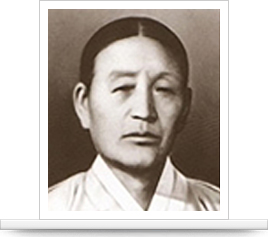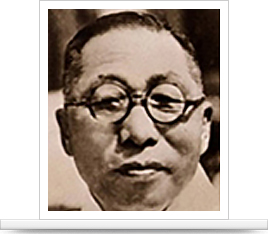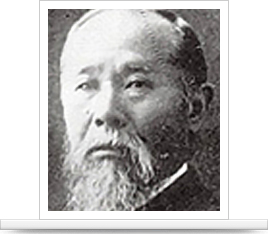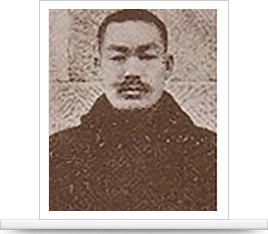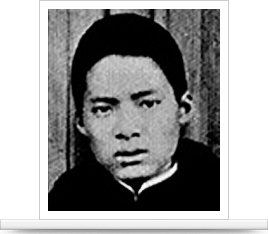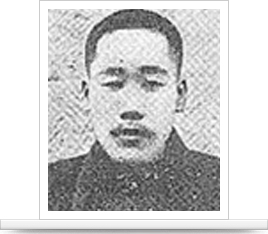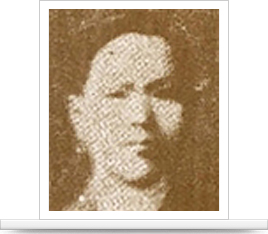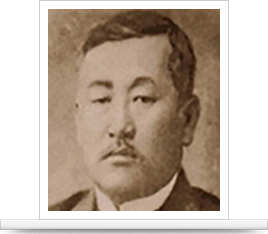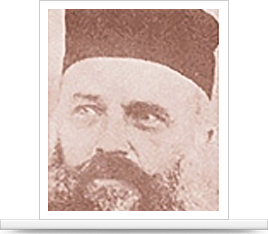Yu Dong-ha (劉東夏, Jan. 5, 1892 ~ 1918)
Independence activist
At the time of Ahn’s assassination of Ito, Yu Dong-ha was in charge of contacts among the activists and made a
contribution to the assassination by informing the members of the day and the hours when Ito would arrive at the Harbin
Railway Station. In October 1909, at his Russian residence, he saw that his father made a solemn vow for saving and
reforming the nation with Ahn Jung-geun, U Deok-sun, Jo Do-seon, Kim Seong-hwa, and Tak Gong-gyu and asked them
to allow him to sign on the alliance. After the joint signature, they organized the Seven Men Alliance. Being proficient in
Russian himself, Yu confirmed that Ito would arrive at the Harbin Railway Station on the morning of October 26, 1909 and
sent a telegram to Ahn Jung-geun who was standing by in Caijiagou, Dongsan Province, to offer the news. Yu was
arrested on charges of sending the telegram and was transferred to Lushun Prison with Ahn on Nov. 1, 1909. Japanese
prosecutor asked for one-year-and-a half of prison labor to him. The Korean government awarded Yu the Order of Merit
for National Foundation, Independence Medal in 1962 to honor his distinguished services.
